Meeting Site

J. Wayne Reitz Union
University of Florida Campus
655 Reitz Union Drive
Gainesville, FL 32611 United States
Phone: (352) 392-1649

University of Florida Campus
655 Reitz Union Drive
Gainesville, FL 32611 United States
Phone: (352) 392-1649
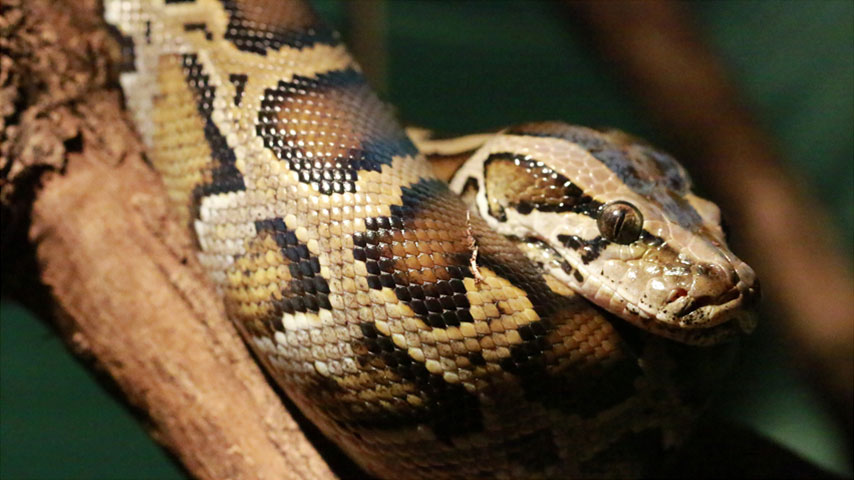
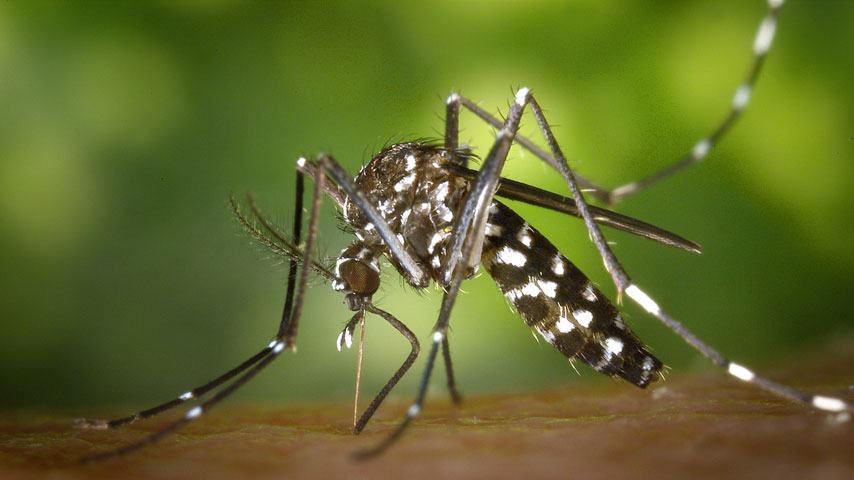
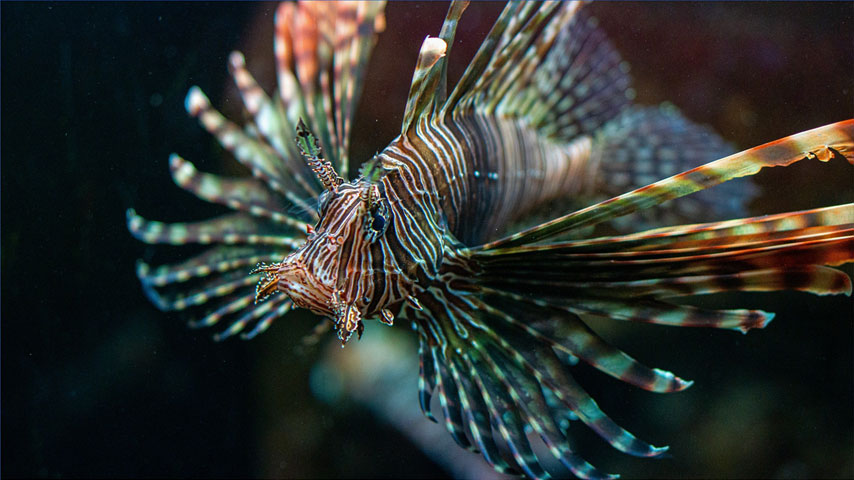
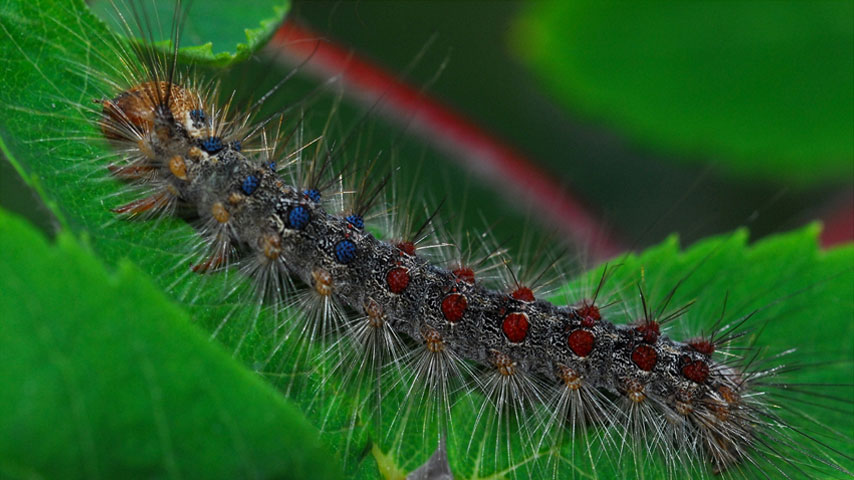
We are dedicated to providing a harassment-free experience for everyone, regardless of gender, gender identity and expression, age, sexual orientation, disability, physical appearance, body size, race, ethnicity, religion (or lack thereof), or technology choices. We do not tolerate harassment of participants in any form. Suggestive statements, sexual inuendo, or offensive remarks are not appropriate during any activity, including during talks, poster sessions, workshops, social functions, after hours parties, or via Twitter or other online media. Participants asked to stop any harassing behavior are expected to comply immediately. Those violating these rules may be sanctioned or expelled without a refund at the discretion of the organizers. If you are being harassed, notice that someone else is being harassed, or have any other concerns about participant behavior, please notify the organizers immediately.

Lead Senior Scientist & Senior Director,
Environmental Defense Fund
Doria Gordon is a Lead Senior Scientist and Senior Director in the Office of the Chief Scientist at Environmental Defense Fund. Prior to EDF, she spent 25 years working in science, conservation, and management for The Nature Conservancy in Florida. Dr. Gordon is also a Courtesy Scientist in the Department of Biology at the University of Florida and a Research Associate at Archbold Biological Station. Her current research focuses on the scale and measurement of greenhouse gas mitigation in natural and agricultural systems. She also works on governance of genetically engineered organisms in agriculture and the environment, and risk assessment for invasiveness in plant species. She has also served on the boards of the Global Invasive Species Programme and Florida Exotic Pest Plant Council. Dr. Gordon completed a M.S. and Ph.D. in Ecology at the University of California at Davis following an undergraduate degree in Biology and Environmental Studies at Oberlin College.
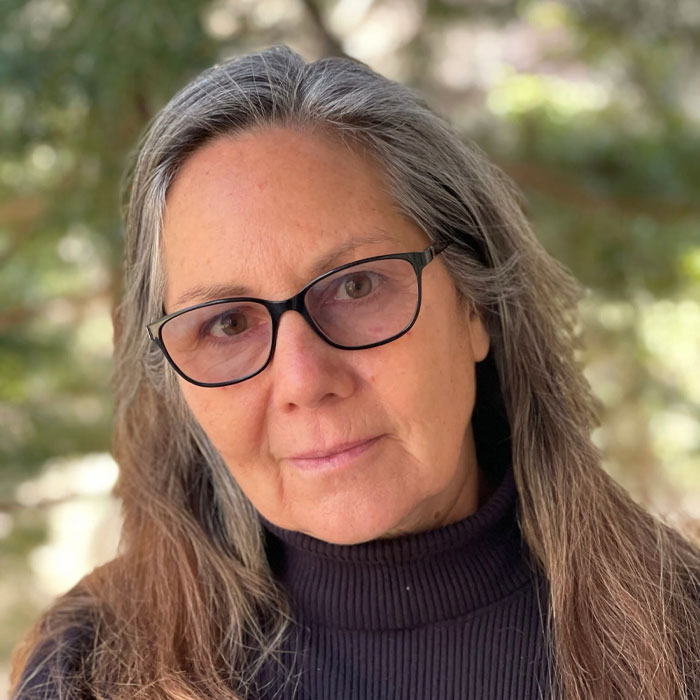
Professor,
University of Rhode Island
Professor Laura Meyerson has been a faculty member at URI since 2005 in the College of Environmental Life Sciences (CELS), Department of Natural Resources Science. She teaches courses on invasion science, restoration ecology, and conservation biology and is the Director of both the Restoration Ecology and Environmental Science minors.
Dr. Meyerson’s research is global in nature and focuses on invasive species with a particular emphasis on plants and their interactions. Much of her work uses the cosmopolitan macrophyte Phragmites australis as a model species to study genetics, genomics, metabolomics, microbial ecology, and plant-insect interactions.
Dr. Meyerson national and international experience in both policy and research. She has served on the National Invasive Species Council (NISC) Invasive Species Advisory Committee (ISAC) for the U.S. government and has worked for and with various federal agencies, international organizations, and NGOs. Dr. Meyerson served as a trustee for the Robert and Patricia Switzer Foundation and currently serves as an International Science Advisor for the Center for Invasion Biology, Stellenbosch University in South Africa. She Co-Editor-in-Chief for the journal Biological Invasions and an Associate Editor for the journal Neobiota. Dr. Meyerson is currently co-leading a three-year project with the Intergovernmental Panel of Biodiversity and Ecosystem Services (IPBES) on global trends in biological invasions for a forthcoming report.
Dr. Meyerson is an Aldo Leopold Leadership Fellow, a Switzer Fellow, has twice been a Fulbright Scholar, and in 2021 was elected as a Fellow with the Ecological Society of America. Before coming to URI, Dr. Meyerson worked at the Heinz Center in Washington, DC developing national level environmental indicators for the State of the Nation’s Ecosystems. As a post-doctoral fellow, Dr. Meyerson was an AAAS Fellow with the U.S. Environmental Protection Agency and was detailed to NISC to work on national biosecurity after 9/11. She was also a research scientist at the Smithsonian Institution where she worked with the Global Invasive Species Program on two global assessments for the Convention on Biological Diversity and she was also a visiting Assistant Professor at Brown University. Dr. Meyerson earned her doctorate in 2000 from Yale University, School of Forestry and Environmental Studies.
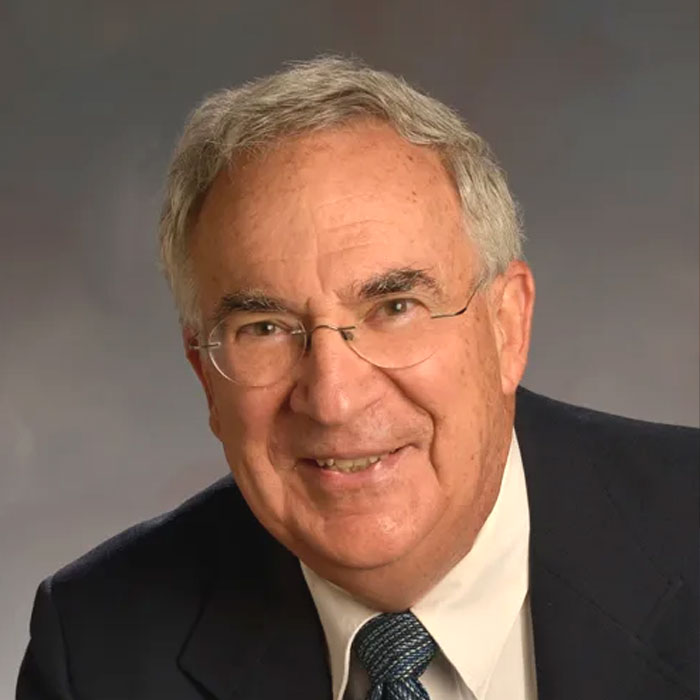
Nancy Gore Hunger Professor of Environmental Studies,
Department of Ecology and Evolutionary Biology,
University of Tennessee
Daniel Simberloff received his A.B. (1964) and Ph.D. (1968) from Harvard University and was a faculty member at Florida State University from 1968 through 1997, when he moved to the University of Tennessee. His publications number ca. 500 and center on ecology, biogeography, evolution, and conservation biology; much of his research focuses on causes, consequences, and management of biological invasions. His research projects are on insects, plants, fungi, birds, and mammals. He is co-editor-in-chief of Biological Invasions, senior editor of the Encyclopedia of Biological Invasions (2012), author of Invasive Species: What Everyone Needs to Know (2013), co-editor of Integrating Biological Control into Conservation Practice (2016), and co-editor of the annotated 2nd edition of Charles Elton’s The Ecology of Invasions by Animals and Plants (2020). In 2006 he was named Eminent Ecologist by the Ecological Society of America, in 2012 he won the Margalef Prize for research in ecology, and in 2015 he won the Wallace Prize of the International Biogeography Society for lifetime contributions. He is a member of the U.S. National Academy of Sciences and the American Academy of Arts and Sciences.

State Plant Regulatory Official / Division Director,
FDACS Division of Plant Industry
Dr. Trevor Smith is the Director of the Division of Plant Industry (DPI), one of the largest and most technical divisions within the Florida Department of Agriculture and Consumer Services (FDACS). Dr. Smith began his career with the Florida Department of Agriculture and Consumer Services in 2006 as a Laboratory Technician in Gainesville while working on his Ph.D. He subsequently held positions as the State Survey Coordinator for the Florida Cooperative Agricultural Pest Survey program and Chief of the Bureau of Methods Development and Biological Control. Dr. Smith is also a courtesy Professor with the Entomology and Nematology Department and graduate faculty at the University of Florida. As the Director of the Division of Plant Industry, he is responsible for almost 700 employees in 54 offices from Pensacola to Florida City working to protect Florida’s agriculture and natural resources from exotic plant and honeybee pests and diseases. He is also the State Plant Regulatory Official (SPRO) for Florida and represents the state on pest and disease issues nationally and internationally. He has a Ph.D. and M.S. in entomology and nematology from the University of Florida and a B.S. in biology from the University of Central Florida.
During his tenure with the Department, Dr. Smith has authored and co-authored dozens of publications on invasive species, including, but not limited to, scale insects, whiteflies, stinkbugs, lygus bugs, tephritid fruit flies, the rat lungworm, and invasive land snails. He has worked on and led many major eradication campaigns, such as the cotton seed bug, lime swallowtail, giant African land snail, various Mediterranean fruit fly, and Oriental fruit fly, as well as numerous early detection and rapid-response programs. He also managed numerous successful biological control programs, including tropical soda apple, air potato vine, pink hibiscus mealybug, imported fire ant, cactus moth, Asian citrus psyllid, diaprepes root weevil, Caribbean fruit fly, and various other significant pests and weed control efforts.
Selected Professional Committees:

Ecologist, UK Centre for Ecology & Hydrology
Professor in Ecology, University of Exeter
Prof. Helen Elizabeth Roy is an Ecologist at the UK Centre for Ecology & Hydrology and Professor in Ecology at the University of Exeter. Her research focuses on the effects of environmental change, particularly biological invasions, on biodiversity and ecosystems. Helen leads many collaborative national and international research projects on biological invasions with a focus on enhancing information flow to inform understanding of the impacts of invasive alien species. Helen also enjoys science communication and public engagement with research which led to her interest in citizen science; an approach that she has implemented in a number of contexts. Helen co-leads the UK Ladybird Survey and enjoys collaborating with ladybird recorders across the UK. She led the global assessment on invasive non-native species for the Intergovernmental Panel on Biodiversity and Ecosystem Services which was approved at the IPBES Plenary in September 2023.
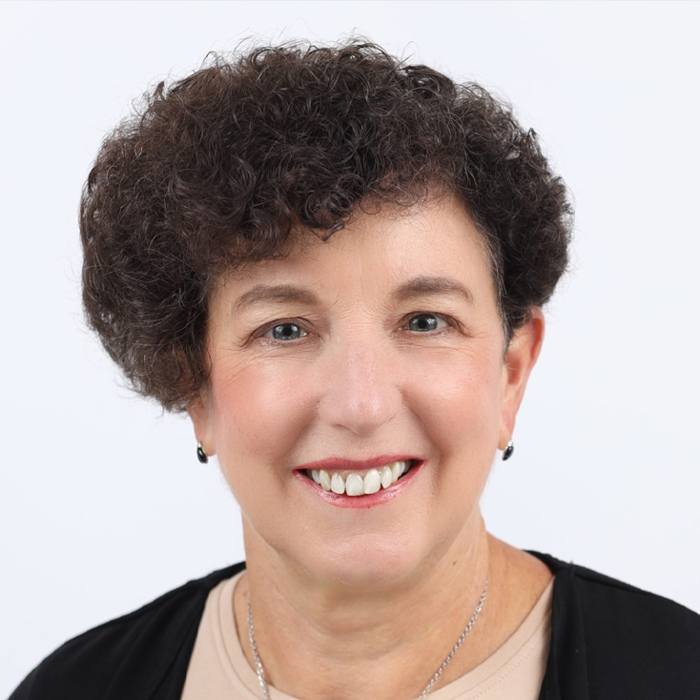
Co-founder and Executive Chair, Invasive Species Corporation
Dr. Marrone spent her 30+ year career focused on biological products for pest management and plant health, having started and led three bioag companies (Entotech, AgraQuest and Marrone Bio Innovations (now called Profarm Group), all of which were sold to larger companies. She is one of only 32 women to have founded a company and taken it public (MBII:NASDAQ). With co-founder Jim Boyd, the former CFO of Marrone Bio, Pam has launched a fourth company, the Invasive Species Corporation, to bring effective, environmentally friendly biological solutions to control destructive invasive species, in water, forestry and agriculture. She is on the board of the Foundation for Food and Agricultural Research, is a Senior Fellow of the Arizona State University Swette Center for Sustainable Food Systems and is a past alumni-Trustee of Cornell University. She is Chair of the Board of Elicit Plant and serves on the boards of 180 Life Sciences (NASDAQ:ATNF), Stem Express and Pheronym and advises several agtech/agbio startups, many founded or led by women. Among her many awards, in 2023 she received the Rosalind Franklin Award from the Biotechnology Industry Organization and in 2022 she was the first woman to receive the American Chemical Society “Kathryn C. Hach Award for Entrepreneurial Success.” She has a B.S. in entomology with Honors and Distinction from Cornell University and a Ph.D. in entomology from North Carolina State University. She is a Fellow of the AAAS and has over 400 patents.

Fishery Biologist
USGS Wetland and Aquatic Research Center
Dr. Wesley M. Daniel is a supervisory fisheries biologist with the U.S. Geological Survey at the Wetland and Aquatic Research Center in Gainesville, FL. He is the coordinator for the Nonindigenous Aquatic Species (NAS) Database and supervises a team of eight scientists and a team of student workers. Wes is an aquatic landscape ecologist, and his research focuses on identifying and modeling the impacts and introduction pathways of invasive species. Before joining USGS, Wes worked as a post-doctoral research associate for Michigan State University. He led numerous national-focused conservation projects for freshwater fishes and mussels with the National Fish Habitat Partnership, Northeast Climate Science Center, and Gulf Coast Prairie Landscape Conservation Cooperative. Wes received a M.S. in Biology from the University of Louisville and a Ph.D. in Biology from Louisiana State University.

Regional Administrator
USGS Northeast
Climate Adaptation Science Center
Carrie Brown-Lima has over 25 years of experience working in the areas of natural resource conservation and management. During a career that has spanned a variety of ecosystems and multiple countries, she has developed strategic partnerships and innovative programs that integrate science into natural resource decision-making and policies. Prior to her appointment as NE CASC Regional Administrator, she served as the Director of the NY Invasive Species Research Institute at Cornell University for 9 years. In that role, she worked closely with research scientists, state and federal agencies, regional managers and other stakeholders to inform approaches to invasive species management.
Brown-Lima has served as vice chair of the National Invasive Species Advisory Committee, chair of the New York State Invasive Species Advisory Committee and the North American Invasive Species Network and was an author of the New York Climate Impacts Assessment Ecosystems Chapter. She is also a co-founder of the Northeast Regional Invasive Species and Climate Change (RISCC) Management Network which won the Association of Fish and Wildlife Agencies Climate Adaptation Leadership Award for Natural Resources in 2021.
From 2003-2014, Carrie worked in Brazil and throughout Latin America developing conservation strategies. Her work there included leading programs and reports to support for sustainable fisheries and agriculture and transboundary protected areas for the Rio de Janeiro State Fisheries Institute, The Nature Conservancy, ProNatura International and the Interamerican Development Bank.
She holds a Bachelor of Science in Biology from Keene State College and a Master of Science in Natural Resources from Cornell University.